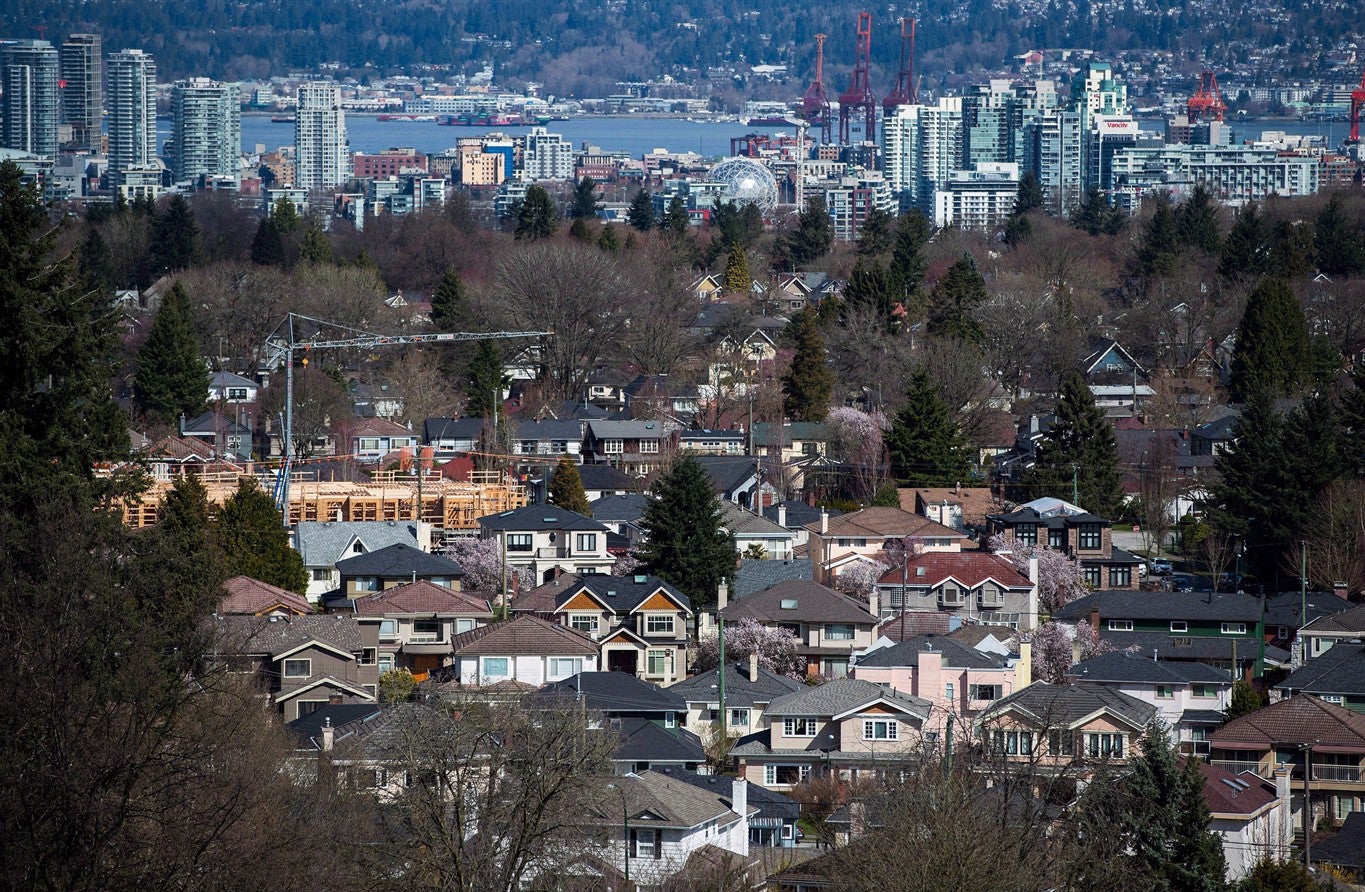
Vancouver’s real estate market is always a hot topic, and March 2025 is no exception. With interest rates shifting, economic uncertainty, and evolving buyer trends, many are wondering: Is now the right time to buy a home in Vancouver?Whether you're a first-time homebuyer or looking to upgrade, understanding the pros and cons of buying in today’s market can help you make an informed decision.
✅ Lower borrowing costs for buyers with variable-rate mortgages.
✅ Fixed mortgage rates may decrease in the coming months.
✅ Buyers who were previously priced out of the market may now qualify for a mortgage.
✅ More options for buyers in popular neighborhoods like Yaletown, Kitsilano, and Burnaby.
✅ Less competition compared to peak market conditions.
✅ Greater negotiating power when making an offer.
✅ More predictable market conditions compared to the rapid price swings of previous years.
✅ Potential to lock in a home before prices start rising again.
✅ Buying now could mean getting in before competition heats up.
✅ You can take your time making a decision without facing multiple-offer bidding wars.
❌ Some buyers may hesitate, creating a “wait and see” effect.
❌ The uncertainty may impact job stability in some industries.
❌ Prices in certain segments (like high-rise condos) could dip further before rebounding.
❌ Buyers who rush in now might see better deals in a few months.
❌ Buyers still need strong financials to get approved.
❌ Self-employed buyers or those with variable income may face challenges securing financing.
❌ Some buyers and sellers are still on the sidelines, waiting for clearer market signals.
❌ If demand remains low, prices may not appreciate quickly in the short term.
Pros of Buying a Home in Vancouver Right Now
1. Lower Interest Rates
The Bank of Canada has cut interest rates for the seventh time, bringing the key policy rate to 2.75%. This means:✅ Lower borrowing costs for buyers with variable-rate mortgages.
✅ Fixed mortgage rates may decrease in the coming months.
✅ Buyers who were previously priced out of the market may now qualify for a mortgage.
2. More Inventory to Choose From
Compared to last year, new listings are up 11%, and total inventory is 36% above the 10-year average. This means:✅ More options for buyers in popular neighborhoods like Yaletown, Kitsilano, and Burnaby.
✅ Less competition compared to peak market conditions.
✅ Greater negotiating power when making an offer.
3. Prices Are Stabilizing
After a period of price corrections, Vancouver’s real estate prices have started leveling out.✅ More predictable market conditions compared to the rapid price swings of previous years.
✅ Potential to lock in a home before prices start rising again.
4. Opportunity to Buy Before Demand Rises Again
Markets tend to rebound quickly, and with lower interest rates, more buyers could return soon.✅ Buying now could mean getting in before competition heats up.
✅ You can take your time making a decision without facing multiple-offer bidding wars.
Cons of Buying a Home in Vancouver Right Now
1. Economic Uncertainty (Trade Tariffs & Market Reactions)
The U.S. recently imposed 25% tariffs on Canadian steel and aluminum, raising concerns about potential economic slowdowns.❌ Some buyers may hesitate, creating a “wait and see” effect.
❌ The uncertainty may impact job stability in some industries.
2. Higher Inventory = Potential for Price Softening
With more homes on the market and cautious buyers, some sellers may lower prices if properties sit too long.❌ Prices in certain segments (like high-rise condos) could dip further before rebounding.
❌ Buyers who rush in now might see better deals in a few months.
3. Mortgage Qualification Can Still Be Tough
Despite lower rates, stress test rules and lending criteria remain strict.❌ Buyers still need strong financials to get approved.
❌ Self-employed buyers or those with variable income may face challenges securing financing.
4. Uncertain Market Sentiment
While conditions favor buyers in many ways, some may hesitate due to uncertainty.❌ Some buyers and sellers are still on the sidelines, waiting for clearer market signals.
❌ If demand remains low, prices may not appreciate quickly in the short term.